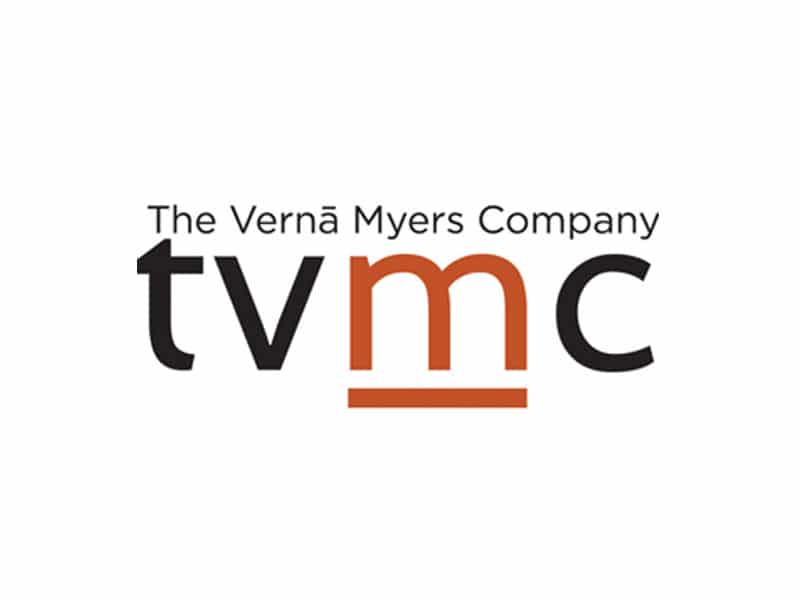Recruiting CEO Dixie Agostino, Tulsa World.
There’s money to be made in diversity.
McKinsey & Co., a global management consulting firm, shows ethnically diverse companies are 35 percent more likely to outperform their competitors. Catalyst, an organization that promotes inclusive workplaces for women, show more women on the board leads to a long-term statistical performance advantage.
And Deloitte Australia’s 1,550-employee survey found inclusive teams outperforming others by 80 percent. And it leads to higher innovation as well as access to emerging markets and consumer bases.
But the strongest selling point to increased diversity and inclusion effort is in preparation for the coming war for talent. According to McKinsey, the most important company assets of the future will be human capital. As technology shifts exponentially, the scarcest resource will soon be talent.
You may think I say this because I own a recruiting firm, so I see talent scarcity because I want to see it. But according to Gallup studies, top tier talent has similar needs across industries and demographics. When those needs are met by companies willing to create a culture of inclusion, the results show:
- 39 percent gain in customer satisfaction
- 27 percent gain in profitability
- 22 percent gain in productivity
- 22 percent decrease in turnover
So what is it that these superstars are looking for? It’s not the Ping Pong tables, Kegerators and freebies you may think. The best and the brightest are looking for environments with these positive attributes:
- The opportunity to learn, grow and do what they do best
- Clear expectations and adequate resources to get the job done
- Trust, respect and positive interactions from managers and coworkers who care
- Fair (i.e. competitive) pay, benefits and recognition
As someone who has talked to people for over a decade about why they would want to look for a new career opportunity, I agree with Gallup’s research on the “dissatisfiers” that walk key performers into the arms of the competition. The list of what drives great employees away is pretty simple:
- Prejudice, discrimination, unfairness and arbitrary decision-making
- Lack of career development, training or growth opportunity
- Poor work climate and lack of “emotional IQ” from management
So what’s a company to do? Studies confirm that culture comes from the top, so the fastest, most effective way to create a great place to work is through the CEO/COO/CHRO. With the “top brass” on board, then accountability can be created for managers to get results.
Diversity can be measured through scorecards for recruiting, promotion rates, compensation levels and turnover. Goals towards diversity and inclusion can be set and met from recruiting along to performance management and leadership assessment. What can be measured can be improved. W. Edwards Deming said something like that. And we haven’t even scratched supplier diversity yet.
But how does one measure a feeling like inclusion? One of the easiest tools is confidentially conducting a Gallup 12 survey. Those 12 questions will set a baseline as well as show the areas where the most improvements are possible.
There are resources in Tulsa like the biannual Return on Inclusion Summit on Tuesday (register at roiok.org). Not only is this an opportunity to learn from nationally recognized D&I speaker Verna Myers(her TedTalk is amazing), it’s a place to get great ideas from others here locally on the same mission to create great, high-performing places to work.


